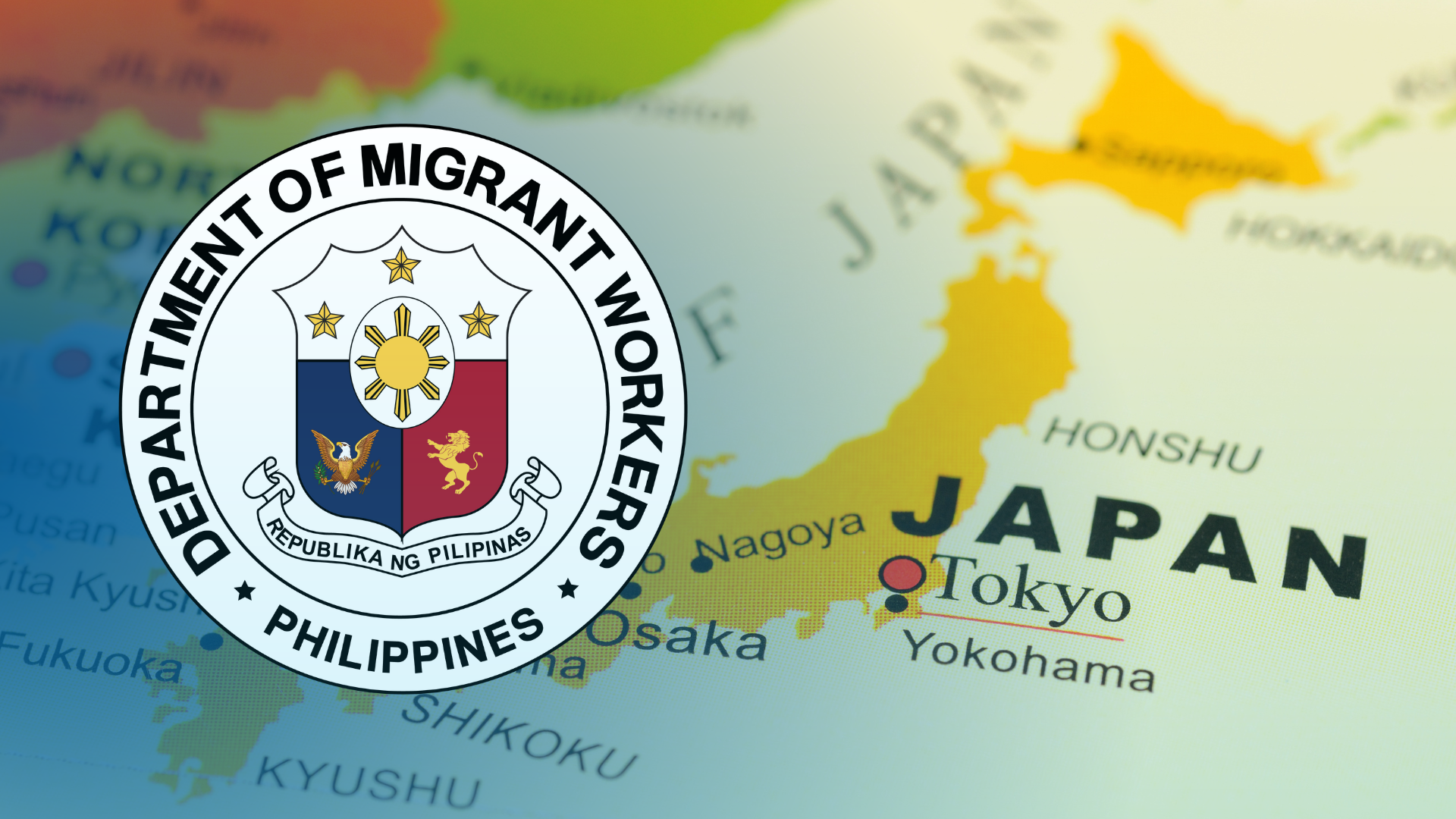
INQUIRER FILES
MANILA, Philippines — No Filipino was neither killed nor injured in the magnitude 6 earthquake that hit off the east coast of Honshu in Japan on Thursday, the Department of Migrant Workers (DMW) said.
Citing reports from the country’s labor attaché in Japan, DMW Officer in Charge Hans Cacdac said the temblor was “not as intense as reported in the media” based on the experience of the people there.
“Sa ngayon wala po tayong reported casualties nor injuries, kahit affected overseas Filipino workers,” the DMW official said during an interview with Radyo 630 on Friday.
(Right now we have no reported casualties or injuries, even affected overseas Filipino workers.)
READ: DMW monitors OFWs in Japan following earthquake
“Ang ulat ay ang intensity daw, based on the report ng ating labor attaché, ay hindi kasing tindi as reported in media. Highest intensity is only 4 in Fukushima and intensity II in Tokyo. Light and moderate and did not provide an alarm for tsunami,” he added.
(The report is that the intensity, based on the report of our labor attaché, is not as intense as reported in the media. The highest intensity is only IV in Fukushima and Intensity II in Tokyo. Light and moderate and did not provide an alarm for tsunami.)
Cacdac nevertheless stressed that DMW is “not ruling out the possibility” that a Filipino had been affected by the quake, and vowed to continue monitoring the situation.
DMW earlier reported that the earthquake’s epicenter was traced off the coast of Fukushima Prefecture in the northeastern part of Honshu, Japan’s main island.
DMW said it immediately activated its “protocols for accounting for the safety and status” of overseas Filipino workers in the affected areas following the quake.
READ: Magnitude 6 earthquake strikes off east coast of Japan’s Honshu – EMSC
Japan Meteorological Agency said the magnitude 6 earthquake jolted the Fukushima region, but no tsunami warning was issued.
There were also no immediate reports of damage or injuries after the tremor, whose epicenter had a depth of 40 kilometers (25 miles) and which was also felt in Tokyo.
TEPCO, the operator of the Fukushima nuclear power plant, likewise said “no abnormalities” had been detected at the stricken plant or others in the region.
Japan, home to around 125 million people, is one of the world’s most tectonically active countries.
It experiences around 1,500 jolts every year, the vast majority of which are mild.
Japan’s biggest earthquake on record was a massive magnitude 9 undersea jolt in March 2011 off Japan’s northeast coast, which triggered a tsunami that left around 18,500 people dead or missing.
The 2011 catastrophe also sent three reactors into meltdown at the Fukushima nuclear plant, causing Japan’s worst post-war disaster and the most serious nuclear accident since Chernobyl.
The earthquake in Japan comes a day after at least nine people were killed while more than 1,000 were injured by a powerful 7.2 temblor in neighboring Taiwan.

